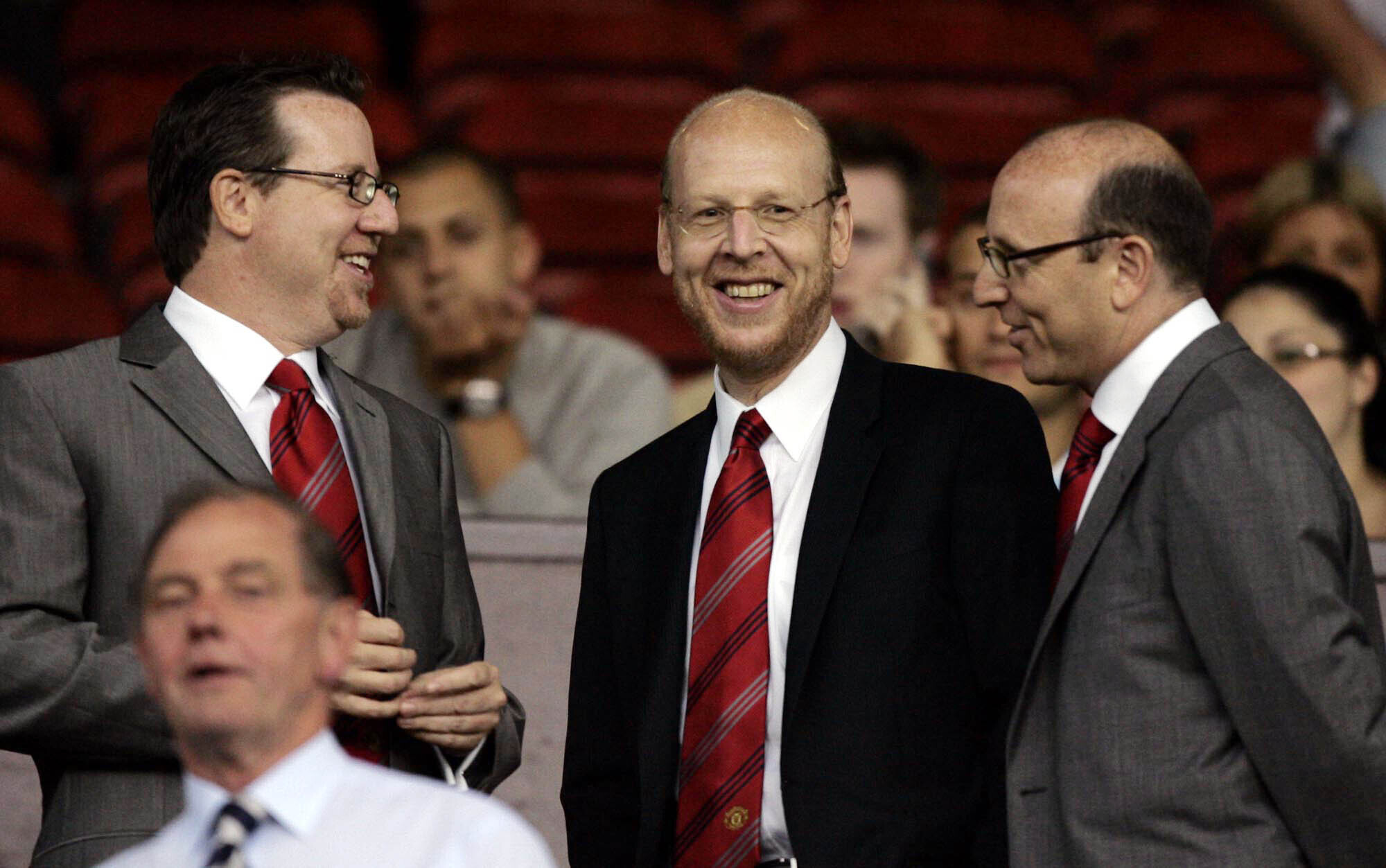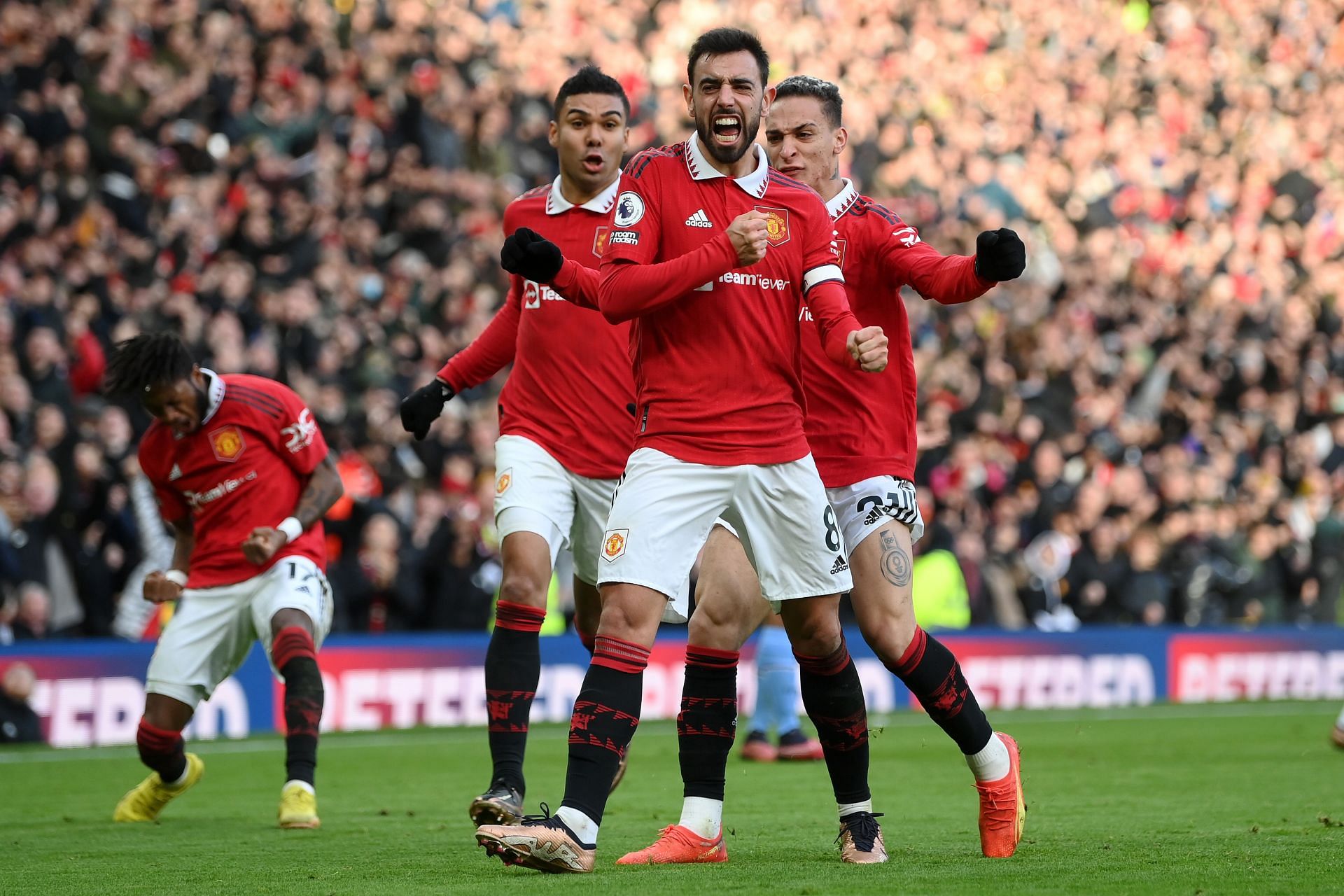Glazer ownership of Manchester United has been a defining chapter in the club’s history, marked by both significant financial investment and intense fan opposition. The Glazer family’s leveraged buyout in 2005 sparked a wave of protests that continues to this day, raising fundamental questions about the balance between financial success and the emotional connection between owners and supporters. This complex relationship, shaped by fluctuating financial performance and strategic decisions, remains a subject of intense debate among fans and analysts alike.
From the initial acquisition and its financial ramifications to the ongoing protests and the potential for future ownership changes, the Glazers’ tenure at Old Trafford has been nothing short of turbulent. This examination delves into the key events, financial performance, and the lasting impact on one of the world’s most iconic football clubs.
The Glazer Ownership of Manchester United: A Controversial Legacy
The Glazer family’s ownership of Manchester United has been one of the most debated topics in the history of football. Their acquisition, initially met with mixed reactions, quickly spiralled into widespread fan discontent, largely fueled by concerns about debt, financial mismanagement, and a perceived lack of investment in the club’s on-field success. This article delves into the various facets of the Glazer era, examining the financial implications, fan protests, management strategies, and potential future scenarios for the club’s ownership.
The Glazer Family’s Acquisition of Manchester United
The Glazers’ takeover was a complex and controversial process. It involved a leveraged buyout, a financial strategy where significant debt is used to finance the acquisition. This placed a substantial burden on the club from the outset. The initial purchase price, along with the associated debt, dramatically altered Manchester United’s financial landscape. Before the Glazer acquisition, the club was renowned for its financial stability and strong brand value.
However, the leveraged buyout resulted in increased debt levels, impacting the club’s ability to invest as freely in player transfers and infrastructure. A comparison of the club’s financial statements before and after the takeover clearly demonstrates the significant shift in its financial structure.
| Date | Event | Details | Impact |
|---|---|---|---|
| May 2003 | Malcolm Glazer begins acquiring shares in Manchester United | Starts purchasing shares through various entities, gradually increasing his stake. | Initial market reaction is mixed, some concern about potential changes in ownership. |
| May 2005 | Glazer family secures majority ownership | The Glazer family gains control of Manchester United through a series of share purchases. | Significant increase in club debt due to leveraged buyout. |
| August 2005 | Manchester United becomes a publicly traded company in the United States | The club’s shares are listed on the New York Stock Exchange. | Provides access to US capital markets but also increases scrutiny from US investors. |
| 2005 onwards | Debt restructuring and refinancing efforts | The Glazers implement several debt restructuring plans to manage the high levels of debt incurred during the takeover. | Mixed success; while some debt was reduced, it remained a significant concern for fans. |
Fan Reactions and Protests Against Glazer Ownership

The Glazer ownership has faced immense opposition from Manchester United fans. This discontent stems from various factors, including the significant debt incurred during the takeover, perceived lack of investment in the playing squad, and the family’s perceived lack of engagement with the club’s history and tradition. Protests have ranged from peaceful demonstrations and boycotts to more disruptive actions such as stadium protests and organized campaigns against the Glazers.
The scale and intensity of these protests are comparable to other high-profile ownership controversies in sports, highlighting the deep-seated emotional connection between fans and their clubs.
- High levels of debt incurred through the leveraged buyout.
- Insufficient investment in the playing squad compared to rival clubs.
- Lack of communication and engagement with fans.
- Perceived prioritization of profit over sporting success.
- The Glazer family’s perceived lack of understanding of Manchester United’s history and culture.
The Glazers’ Management and Business Strategies at Manchester United
The Glazers’ business decisions have significantly impacted Manchester United. Their strategies have focused on maximizing revenue streams through commercial activities, particularly in global branding and merchandising. While this has led to increased revenue in some areas, it has also been criticized for potentially overshadowing on-field performance. The club’s success under Sir Alex Ferguson masked some of the early financial challenges, but subsequent managerial changes and inconsistent on-field results have intensified fan criticism.
Investigate the pros of accepting copenhagen vs manchester united in your business strategies.
A comparison with previous ownerships reveals a stark contrast in management philosophies and investment priorities.
| Aspect | Glazer Ownership | Previous Ownerships |
|---|---|---|
| Debt Levels | Substantially increased due to leveraged buyout. | Relatively low, with strong financial stability. |
| Investment in Players | Variable, with periods of significant spending and periods of austerity. | Generally consistent investment in high-quality players. |
| Commercial Revenue | Significantly increased through global branding and merchandising. | Strong, but less diversified globally. |
| Fan Engagement | Criticized for lack of communication and engagement with fans. | Generally strong relationship with the fanbase. |
Financial Performance Under Glazer Ownership
Manchester United’s financial performance under the Glazers has been a mixed bag. While revenue streams have expanded significantly through commercial avenues, the club’s debt levels have remained a concern. Profitability has fluctuated, impacted by factors such as player transfers, managerial changes, and broadcasting rights deals. The leveraged buyout significantly impacted the club’s long-term financial health, creating a substantial debt burden that has taken years to address.
Compared to other major football clubs, Manchester United’s financial performance is often cited as a case study in the complexities of balancing commercial success with sporting ambition.
A visual representation of Manchester United’s finances under Glazer ownership would show a steady increase in revenue streams from commercial activities, such as sponsorships, merchandise, and broadcasting rights. However, this would be offset by a significant initial spike in debt, followed by a gradual (though not always consistent) reduction over time. Expenditure would show fluctuations reflecting player transfer activity and wage costs.
The overall picture would highlight the complex interplay between revenue growth, debt management, and operational costs.
Potential Future Scenarios for Manchester United Ownership, Glazer ownership of manchester united

Several potential scenarios exist for Manchester United’s future ownership. A complete sale to a new owner represents a significant shift, potentially bringing substantial investment and a renewed focus on sporting success. A partial sale, retaining some Glazer ownership, might offer a more gradual transition, potentially mitigating some of the risks associated with a complete change in ownership. Continued Glazer ownership, while unlikely given the ongoing fan pressure, would likely involve continued efforts to balance financial performance with on-field ambition.
Each scenario has significant implications for the club, its fans, and its players.
| Scenario | Pros | Cons | Implications |
|---|---|---|---|
| Complete Sale | Potential for significant investment, improved fan relations, renewed focus on sporting success. | Uncertainty regarding the new owner’s vision and management style. | Significant change in club culture and direction. |
| Partial Sale | Gradual transition, potential for investment without complete upheaval. | May not fully address fan concerns, potential for continued conflict. | Incremental changes, less drastic than a complete sale. |
| Continued Glazer Ownership | Stability, familiarity with the club’s operations. | Continued fan unrest, potential for stagnation. | Minimal change, potential for continued dissatisfaction. |
The Glazer ownership of Manchester United stands as a compelling case study in the intersection of sports, finance, and passionate fan bases. While the financial performance under their stewardship has been mixed, the enduring legacy is one of considerable controversy and ongoing uncertainty about the club’s future direction. The intense fan reaction highlights the crucial role of emotional connection in the world of professional sports and the complex relationship between ownership and supporters.
The path forward remains unclear, with various potential scenarios offering both opportunities and challenges for Manchester United.


